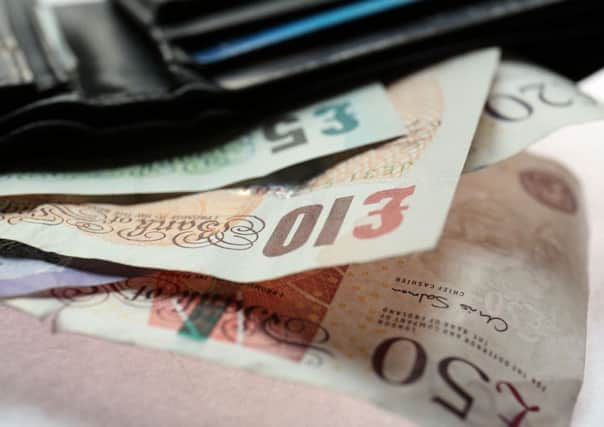One in four Yorkshire people defaulted on a debt last year - here's what to do


If you get a default on an account, it means that the creditor believes that the agreement you signed is broken. This will only happen if you miss a few payments, pay late or just part of what you’re supposed to pay. This normally has to happen for three to six months before you’ll get a default.
Across the UK, one in five got a default in the last year, the research shows. Most of the defaults were due to missed payments on credit cards, loans, mobile phone bills and utility bills. The stats for Yorkshire back this up, as one in eight people who defaulted did so because they missed payments on a credit card – the number one cause in the region.
Advertisement
Hide AdAdvertisement
Hide AdOther reasons for defaults in Yorkshire include missing payments on mobile phone bills, gas bills, electricity bills and car loans.
Defaults are serious because they sometimes mean the creditor will try to get the money back that you owe them using legal action. This can sometimes lead to County Court Judgments (CCJs) or the creditor trying to get the money back by taking it from your wages or benefits.
They will also have a negative effect on your credit history, as the default will be visible there for six years. This means that anyone who checks your credit history will be able to see you’ve had trouble making your repayments. Borrowing in the future can become more problematic as lenders may not accept you – or you may have to pay a higher rate of interest if you are approved.
What should you do if you have a default?
Getting a default can be a sign that you’re not in complete control of your finances. The worst thing you can do is ignore it, as the creditor will be likely to take legal action to recover the debt and the situation will only get worse the longer it goes on.
Advertisement
Hide AdAdvertisement
Hide AdYou need to keep the lender updated on what’s going on with your finances. Sometimes they only make the decision to issue a default or take further action because they don’t know why the payments have stopped. They may be able to put an arrangement in place allowing you to pay less for a certain amount of time, or give you a payment holiday.
Don’t forget that there’s free debt advice available as well. No debt problem is beyond solving and getting expert help can really help you put your finances back on track.
Debt Advisory Centre: 0161 871 4881